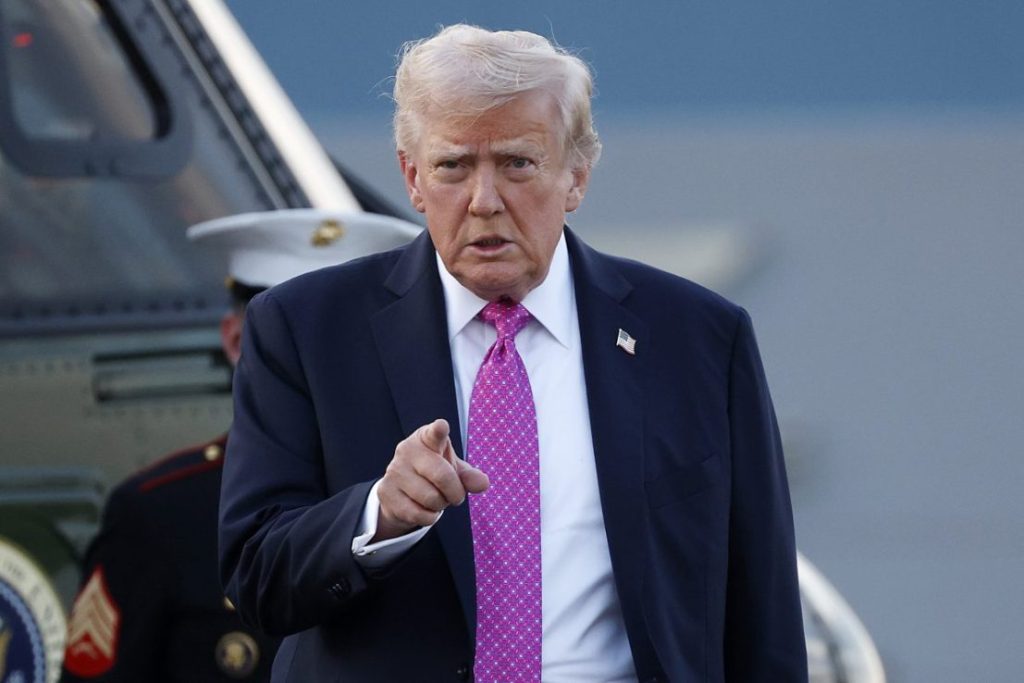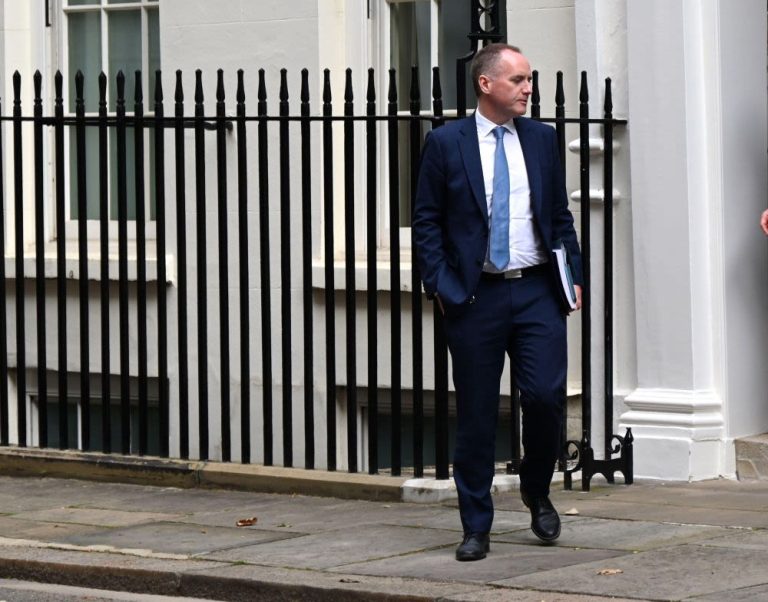
Trump’s 100% Tariff Threat Sends Shockwaves Through Global Markets
Just one day after former President Donald Trump announced via Truth Social that he intends to impose a fresh 100% tariff on Chinese imports, the financial world is already showing signs of strain. Trump’s proposal would double the current 30% levy on a wide array of Chinese goods, rekindling fears of a new era of trade hostilities and sending equity indexes tumbling on both sides of the Atlantic.
China Fires Back With Accusations of “Double Standards”
Beijing was swift to respond. A spokesperson for China’s Commerce Ministry denounced the US threat as unfair and hypocritical. “Washington’s approach is not the right way to engage with China,” the official declared. While echoing language from earlier trade confrontations, the statement also made clear that China is prepared to defend its interests. “We do not want a tariff war, but we are not afraid of one,” the spokesperson warned, raising the spectre of counter-tariffs on American agricultural products or strategic exports.
Major Indexes Slide on Heightened Uncertainty
The reaction in financial markets was immediate. On Wall Street :
- The Nasdaq Composite plunged by 3.5%, a reflection of mounting tech-sector anxiety.
- The S&P 500 and Dow Jones Industrial Average both closed significantly lower, erasing gains from earlier in the week.
Across the pond, Europe’s leading bourses also felt the tremors :
- The FTSE 100 in London ended the session in the red amid investor caution.
- Germany’s DAX and France’s CAC 40 likewise posted declines as traders reassessed global growth prospects.
These declines come on top of already fragile sentiment as markets digest mixed corporate earnings and central bank rate-hike warnings.
Rare Earths at the Core of the Dispute
Trump’s threat was specifically tied to China’s recent restrictions on rare earth exports—critical minerals used in everything from smartphones to electric vehicles. The former president accused Beijing of attempting to “hold the world captive” by tightening control of these strategic materials. Analysts warn that such chokeholds on supply could severely disrupt global technology supply chains, potentially driving up costs and delaying production of high-tech goods across multiple industries.
A High-Stakes Summit Under Threat
News of Trump’s tariff threat has cast a shadow over the planned US-China summit later this month. While some observers speculate the confrontation is mere pre-summit posturing, the tone on both sides suggests real stakes. If negotiations fail, the meeting between President Joe Biden and President Xi Jinping could be jeopardised, further damaging diplomatic relations and stalling any progress on trade de-escalation.
Economic Headwinds Compound the Pain
Even before Trump’s announcement, global markets were contending with multiple pressures :
- AI Bubble Concerns – Jamie Dimon of JPMorgan has warned that AI-driven stock valuations are reminiscent of the dot-com boom, raising prospects of a technology correction.
- Recession Risks – The Bank of England and the IMF have both pointed to mounting signs of a possible economic downturn tied to high interest rates and consumer debt.
- Inflationary Pressures – Persistent price rises continue to weigh on corporate margins and consumer spending.
Adding a major new front in US-China trade tensions only amplifies these existing headwinds, leaving investors and policymakers scrambling to gauge the full economic fallout.
Investors Eye the Outlook With Caution
With volatility spiking, market participants are adopting a defensive stance. Capital Economics’ James Reilly notes that although the S&P 500 sits near all-time highs, traders are progressively assigning a non-negligible probability to a US recession within the next year. Portfolio managers are shifting assets into safer havens like government bonds and gold, preparing for further shocks if tariff escalations go ahead as threatened.
The Road Ahead: Tariff War or Trade Truce?
As both Washington and Beijing sharpen their rhetoric, the real question is whether the two powers will retreat from the brink or escalate into a full-blown tariff battle. Past trade wars have hurt global growth and consumer wallets, and another round could derail nascent economic recoveries worldwide. For now, markets remain on edge, awaiting the next move in this high-stakes game of economic brinkmanship.





